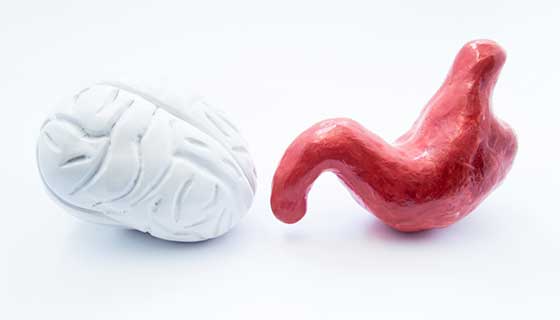Hi Treeleafers,
I have a secret fascination with the Gut Brain/Gut-Brain-Axis.
My ears pricked up when Jundo mentioned in his beginner's video series the word Hara, mentioning it is a spot somewhere between belly button and pubic bone, and to place your hands there while sitting.
I also heard Zen Masters advise that "while sitting, fold your hands [in Cosmic Mudra] and imagine gently holding your brain in that spot" (I can't remember the exact statement, but it was along those lines).
Well, if that is not bringing Gut and Brain in line!
While Westeners seem to only very recently have discovered the Gut Brain, Hara was obviously well known in Zen circles hundreds of years ago (Question mark?!?), to a point where you can't answer Koans in the usual way, but have to "feel" the answer. (Or am I totally off track here? Input would be much appreciated!)
Where can I find more info on Hara, especially in Zen terms as opposed to medical papers please? Any book recommendations? Google results are meager, not necessarily by respectable sources unfortunately, full of esoteric connotations etc.
Gassho,
Fiona
SatToday
I have a secret fascination with the Gut Brain/Gut-Brain-Axis.
My ears pricked up when Jundo mentioned in his beginner's video series the word Hara, mentioning it is a spot somewhere between belly button and pubic bone, and to place your hands there while sitting.
I also heard Zen Masters advise that "while sitting, fold your hands [in Cosmic Mudra] and imagine gently holding your brain in that spot" (I can't remember the exact statement, but it was along those lines).
Well, if that is not bringing Gut and Brain in line!
While Westeners seem to only very recently have discovered the Gut Brain, Hara was obviously well known in Zen circles hundreds of years ago (Question mark?!?), to a point where you can't answer Koans in the usual way, but have to "feel" the answer. (Or am I totally off track here? Input would be much appreciated!)
Where can I find more info on Hara, especially in Zen terms as opposed to medical papers please? Any book recommendations? Google results are meager, not necessarily by respectable sources unfortunately, full of esoteric connotations etc.
Gassho,
Fiona
SatToday














Comment